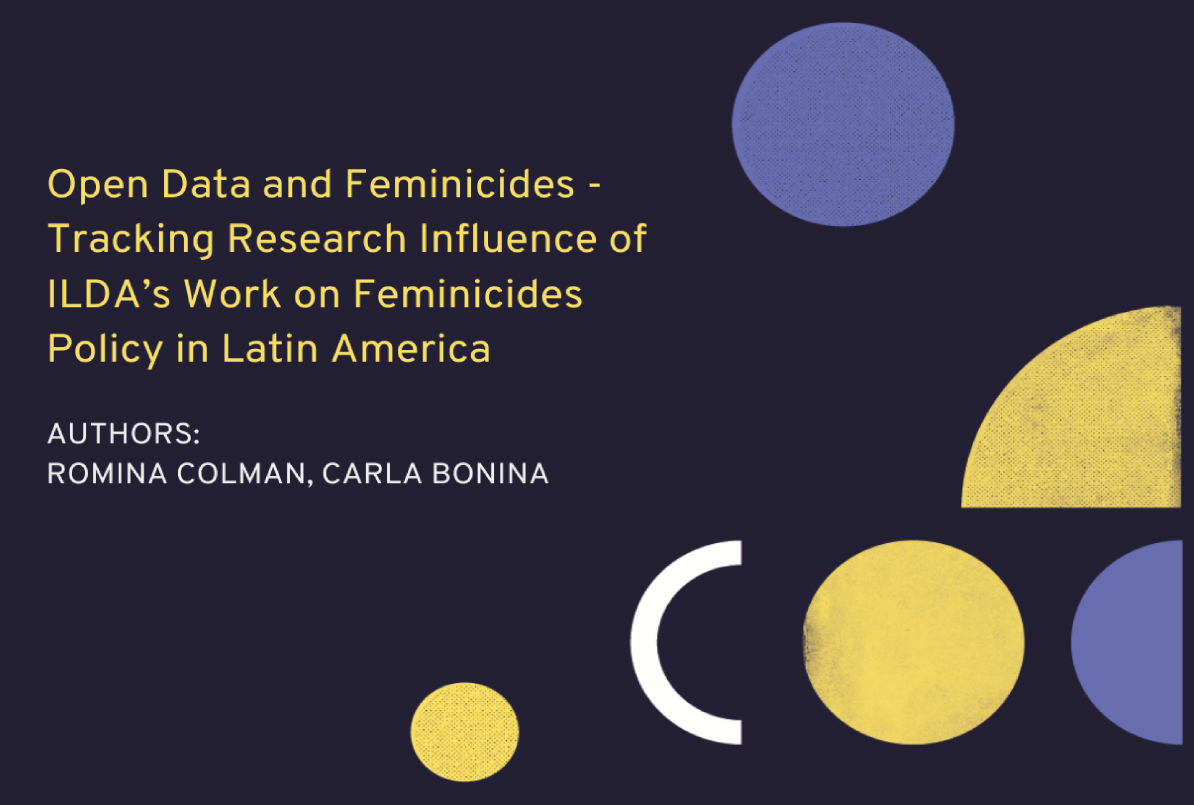Femicide has been the focus of public debate for many years in Latin America. Statistics of organisations such as ECLAC have warned about the seriousness of the situation in the region. Nonetheless, this context has also allowed the emergence of research that sought to promote greater openness and quality of this data to improve public policies in this area. That is the case of the standardisation of feminicide data project. This research-oriented initiative, created by The Latin American Open Data Initiative (ILDA), explored how different countries in Latin America generated data on feminicide to create a feminicide data standard to facilitate data interoperability and a better register of cases across the region.
In this case study, the authors conducted in-depth interviews with key stakeholders to understand the influence of the initiative on promoting better data policies on feminicide in Latin America.
This research, led by Carla Bonina and Romina Colman, used Overton, an online policy research metrics tool, to track evidence of the project in the region and to explore to what extent these online metrics capture research influence across these countries. The findings show that Overton as the only source to track the policy impact of research on open data and feminicide is helpful but not sufficient. Results obtained highlighted a low representation of Latin America in the scholarly research articles behind policy documents retrieved by the tool and prominence of results in the Global North. The authors also found that assessing research-policy linkages through machine learning tools cannot be performed in disconnection with the wider context in which research is embedded and that language variations pose challenges but also new opportunities to capture phenomena. In addition, the tool offers a significant opportunity to track other evidence like the mobilisation of actors, which in the case of the initiative was associated with the feminicide research agenda.
